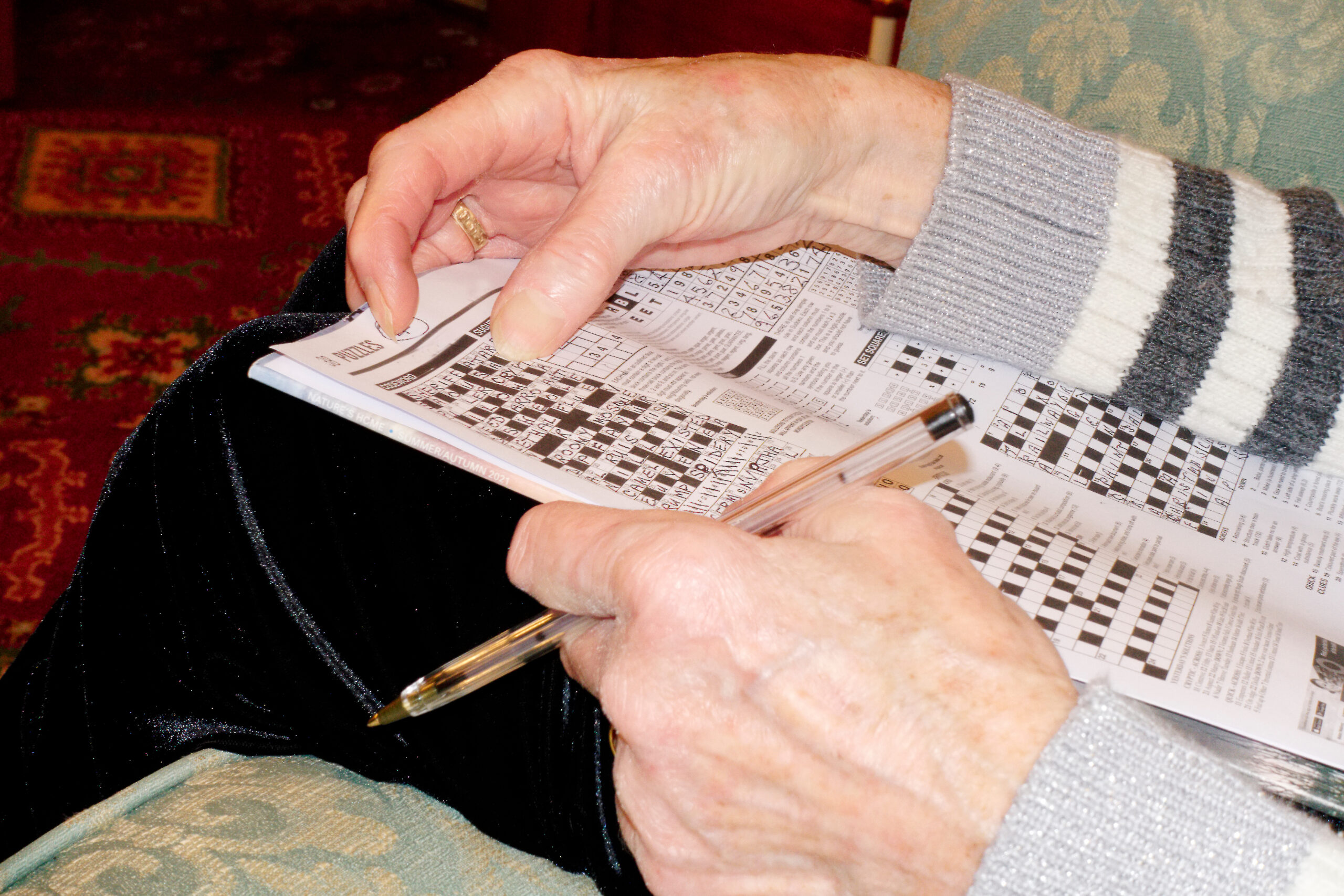What are the best ways to manage anxiety and stress in seniors
Managing anxiety and stress is crucial for seniors, as these conditions can significantly impact their quality of life. Anxiety and stress can arise from various factors, including health concerns, lifestyle changes, and social adjustments. Fortunately, there are several effective strategies that seniors can use to manage these challenges.
Firstly, **relaxation techniques** are highly beneficial. Deep breathing exercises, such as box breathing, can help calm the mind and reduce stress. This simple technique involves inhaling for four seconds, holding your breath for four seconds, exhaling for four seconds, and then pausing for four seconds before repeating the cycle. Another effective method is **progressive muscle relaxation**, which involves tensing and relaxing different muscle groups to release tension and promote relaxation.
**Mindfulness-based stress reduction (MBSR)** is another powerful tool. This approach combines mindfulness meditation with body awareness techniques like yoga and stretching. By focusing on the present moment, MBSR helps reduce mental chatter and anxiety.
In addition to these relaxation techniques, **therapy and counseling** can be highly effective. Cognitive Behavioral Therapy (CBT), for example, helps individuals identify and change negative thought patterns that contribute to anxiety. Other therapies like Psychodynamic Therapy and Dialectical Behavioral Therapy (DBT) also offer valuable strategies for managing emotions and past experiences.
**Physical activity** is another important aspect of managing anxiety and stress. Engaging in activities like yoga, Tai Chi, walking, or even chair exercises can improve mood and reduce stress levels. These activities not only provide physical benefits but also offer opportunities for social interaction, which is vital for mental well-being.
**Quality sleep** is essential for managing anxiety. Lack of sleep can increase anxiety by up to 30%, so establishing a consistent sleep routine is crucial. Additionally, maintaining **social connections** and building a strong support network can help seniors feel more connected and less anxious.
Lastly, **lifestyle modifications** and, in some cases, **medication** may be necessary. Working with healthcare professionals to find the right balance of these elements can lead to significant improvements in managing anxiety and stress.
By incorporating these strategies into daily life, seniors can effectively manage anxiety and stress, leading to a more fulfilling and peaceful life.





